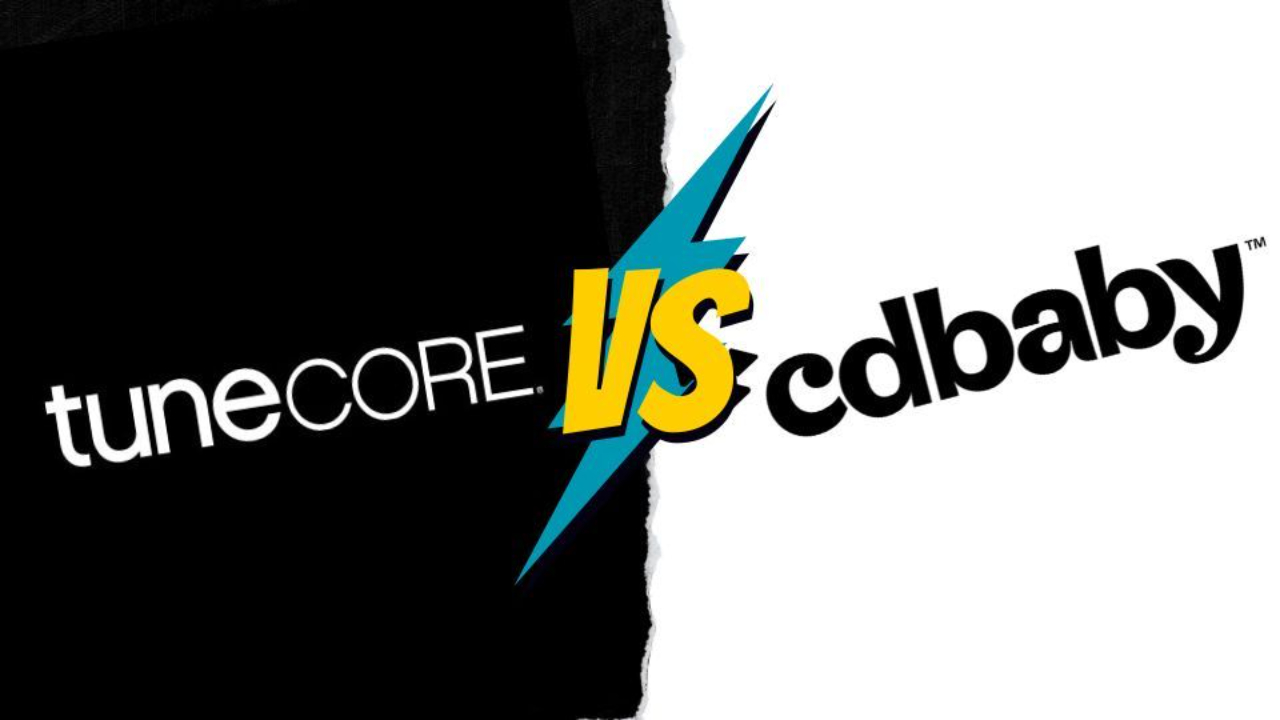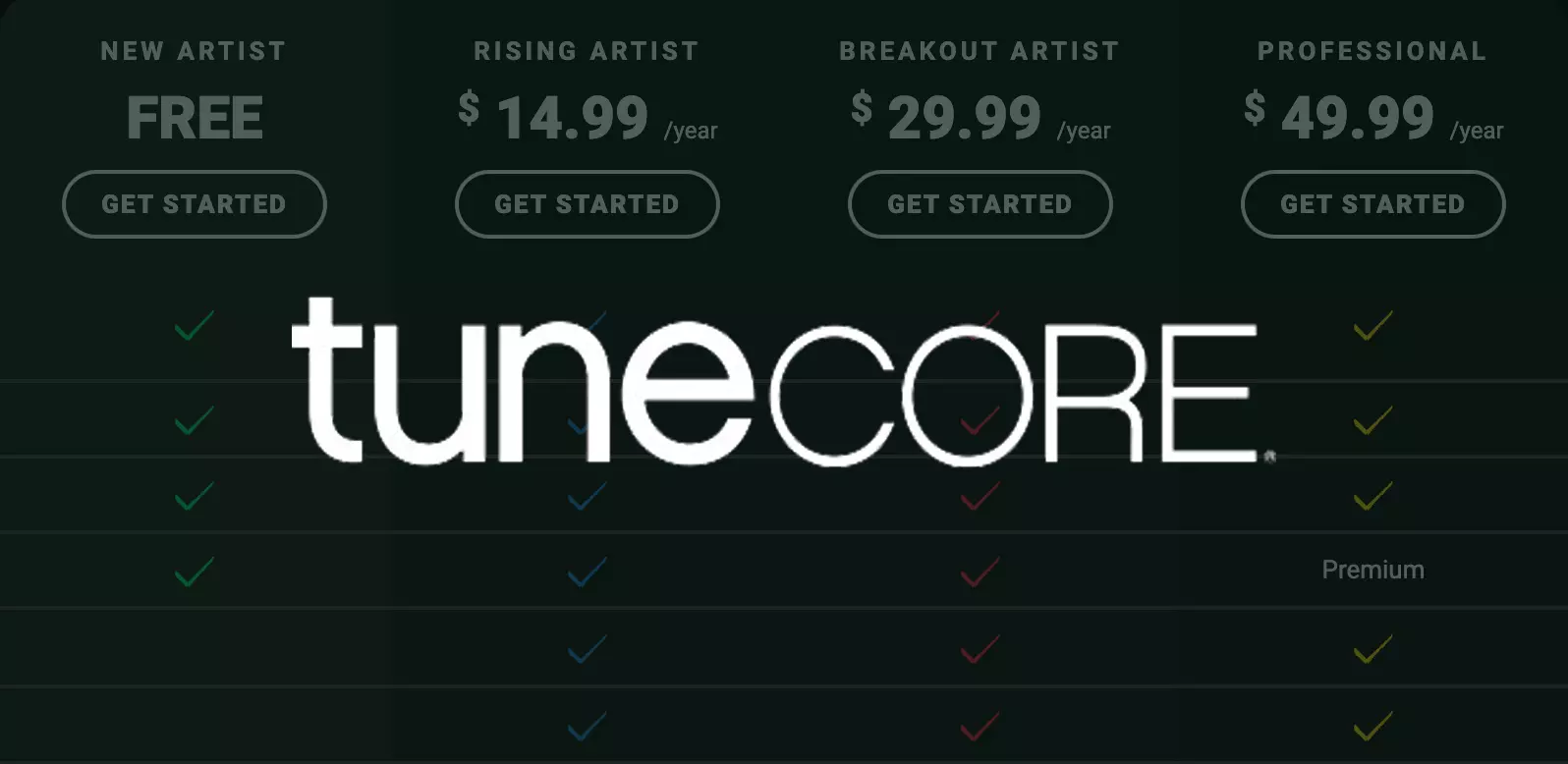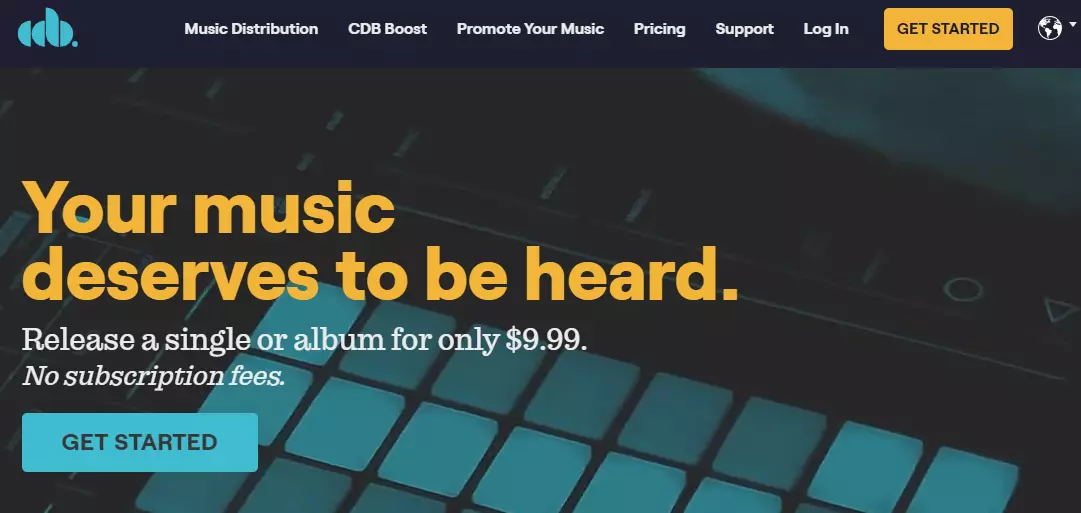
In today’s contemporary music landscape, it appears that most music distribution platforms such as TuneCore or CD Baby are promoting a similar offering to artists: "free distribution, no royalties fees."
However, beneath this marketing slogan lie distinct features and pricing structures that these platforms don't always explicitly outline.
If you’re contemplating signing up with a music distribution service, understanding the differences between TuneCore and CD Baby is crucial before making a decision. In this article, we’ll juxtapose CD Baby and TuneCore to assist you in determining which platform may be the better fit for your needs.
What is TuneCore?

TuneCore is a digital music distribution platform that enables independent musicians and artists to distribute their music across various online platforms, including major streaming services and digital stores.
Founded in 2005 and headquartered in Brooklyn, New York, TuneCore has become a significant player in the music industry, offering a wide array of services designed to help artists reach a global audience while maintaining full control over their music.
What is CD Baby?

CD Baby is a comprehensive music distribution tool that enables independent musicians and artists to distribute their music both digitally and physically.
Founded in 1998 by Derek Sivers, CD Baby has become one of the most trusted names in the independent music industry, offering a wide range of services to help artists sell their music, manage their royalties, and reach a global audience.
For more detailed information, read our guide on CDBaby Review.
Conclusion on Tunecore Vs CDBaby
Both platforms offer valuable tools and services to help independent artists succeed in the music industry.
By considering your specific goals, budget, and needs, you can choose the platform that best aligns with your career aspirations.
Whether you go with TuneCore or CD Baby, you’ll be joining a community of artists who have taken control of their music distribution and are reaching audiences around the world.


